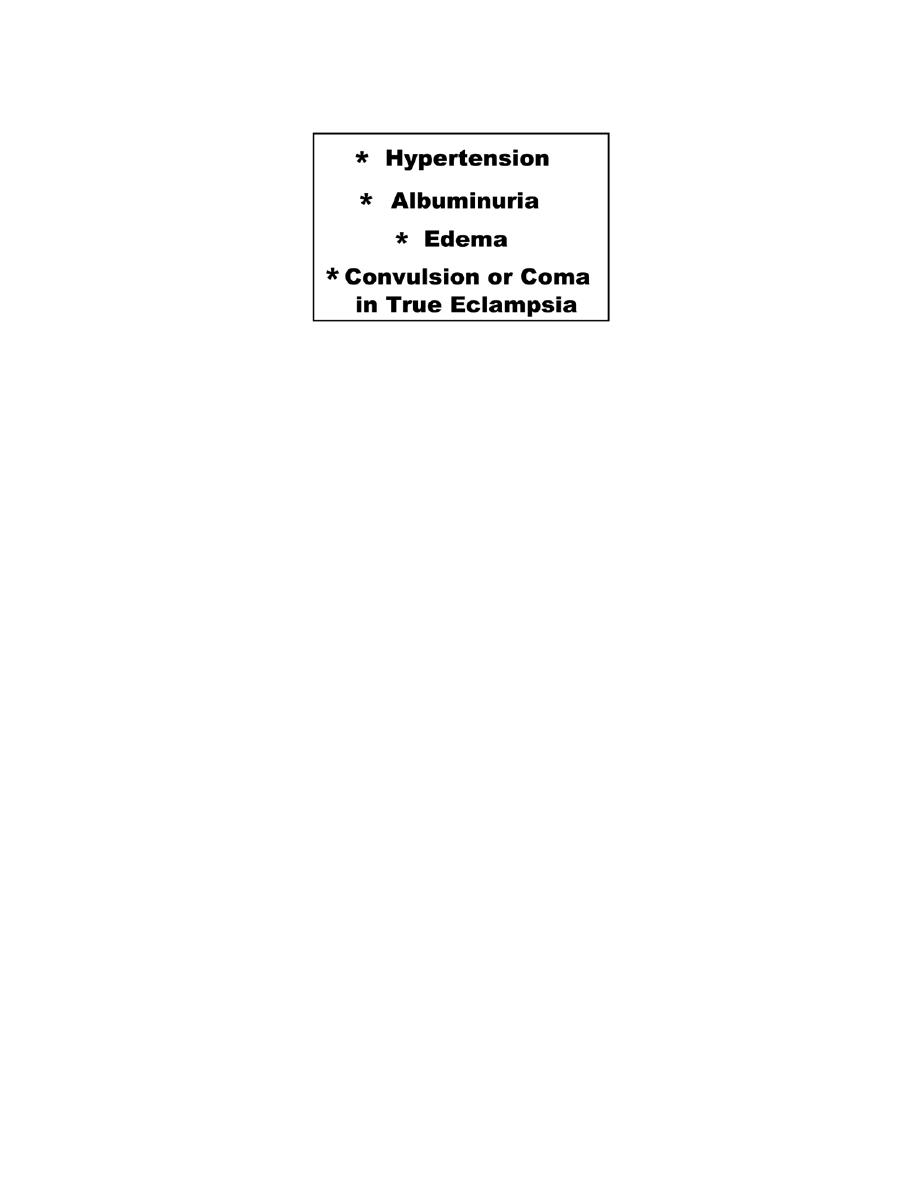
Figure 1-1. Classic signs of preeclampsia and eclampsia.
c. Nursing Implications.
(1) Inform the patient to record her weight weekly and to notify the clinic if
there is an excessively amount of weight gained.
(2) Inform the patient to avoid foods high in sodium content. This will
reduce water retention/edema.
(3) Inform the patient that prevention of preeclampsia is essential to a
healthy pregnancy and keeping scheduled OB appointments is a must.
1-9.
SUBSTANCE ABUSE
a. The adverse effects of exposure of the fetus to drugs are variable. They
include transient behavioral changes (such as fetal breathing movements) or
irreversible effects (such as fetal death, intrauterine growth retardation, structure
malformations, or mental retardation). Maternal use of drugs may be for the
pharmacologic control of disease process (for example, insulin) or for symptomatic relief
of benign problems (for example, aspirin). In addition to the therapeutic use of drugs,
the fetal's well-being. Substance abuse results in fetal alcohol syndrome (FAS), a
syndrome characterized by physical and mental abnormalities of the newborn.
b. Nursing implications are listed below.
(1)
Apply all general nursing implications related to the substance abuse
patient.
(2) Participate in health team discharge planning for the substance
dependent mother and newborn with social services.
MD0922
1-7



 Previous Page
Previous Page
